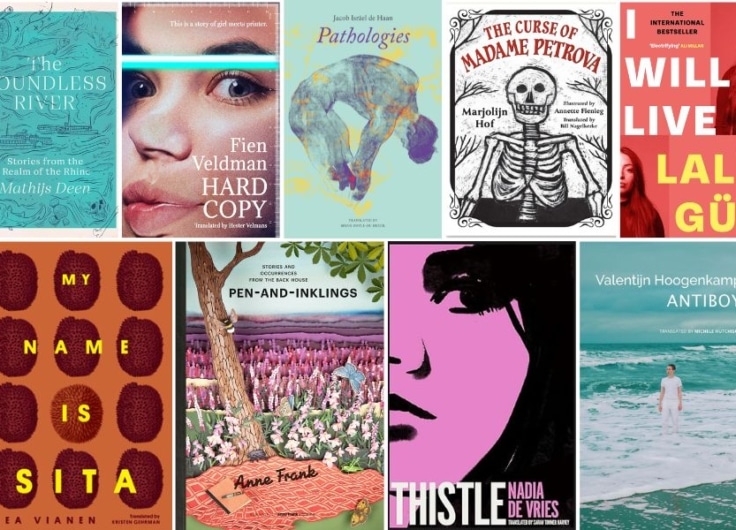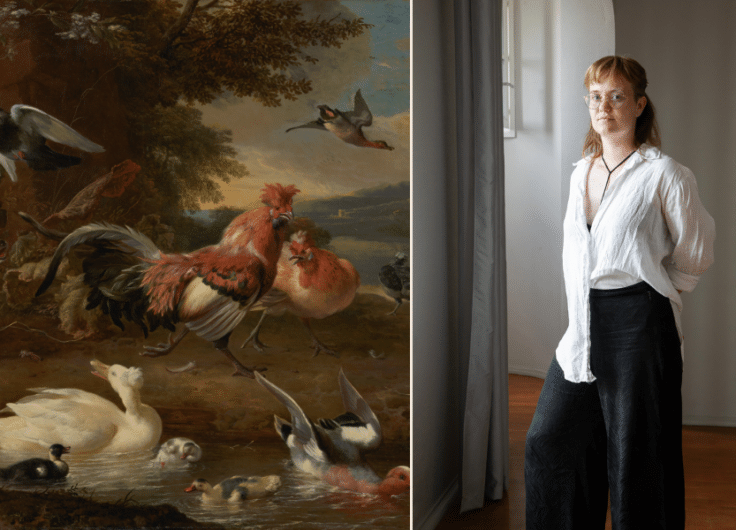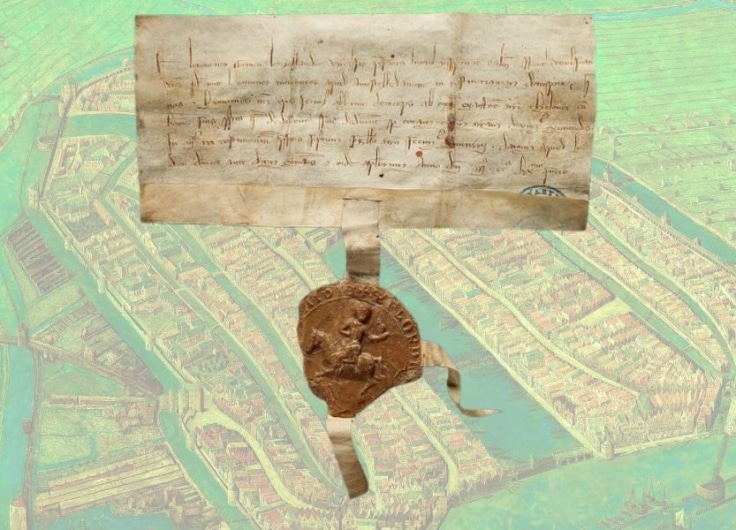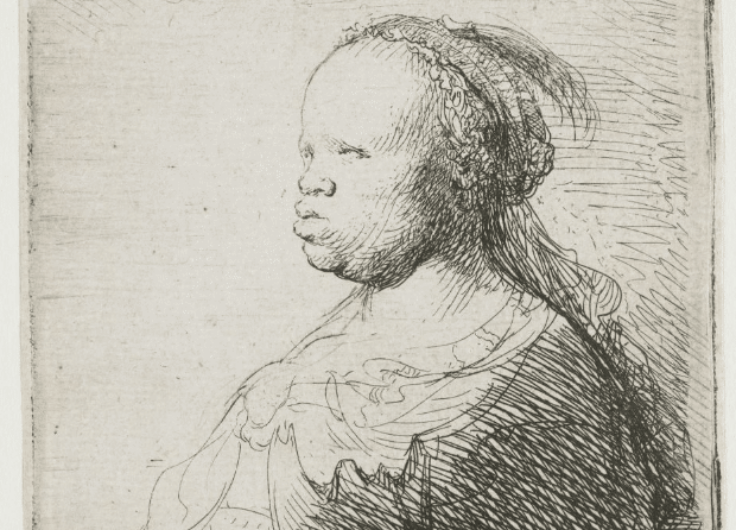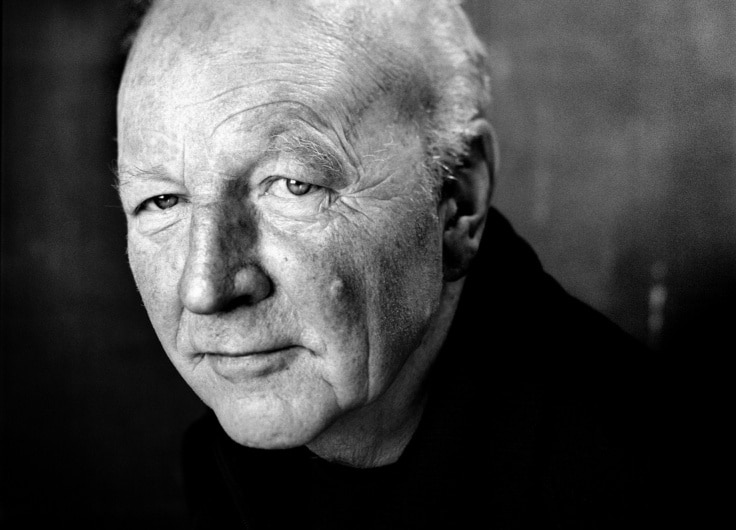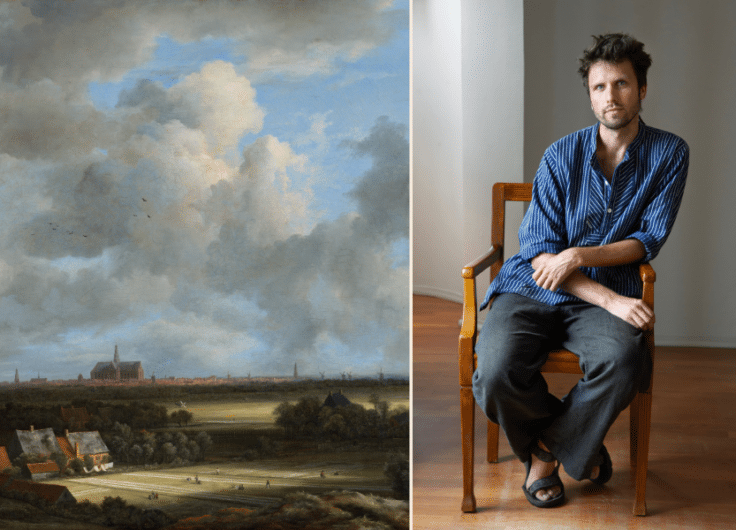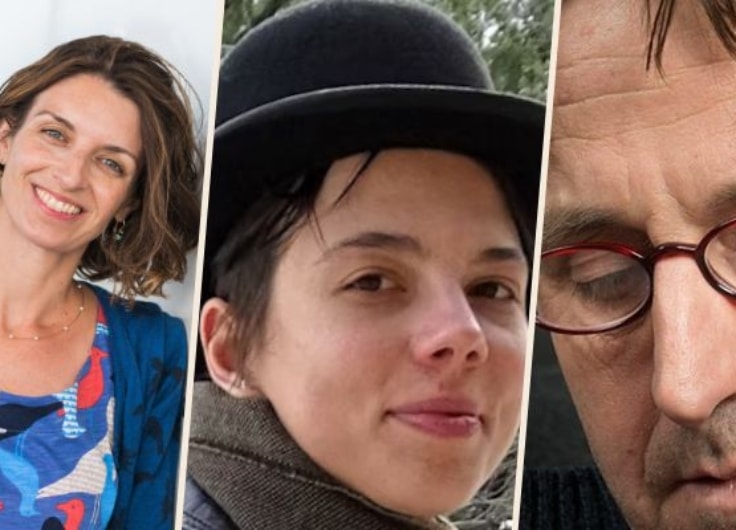The Top 7 Language Stories of the Year
Join us in bidding goodbye to 2022 with seven of the finest language stories we published this year that are worth re-reading or listening to again.
Blep, Sploot and Zoomies: Online Cats and Dogs Leave a Pawed Imprint in Dictionaries
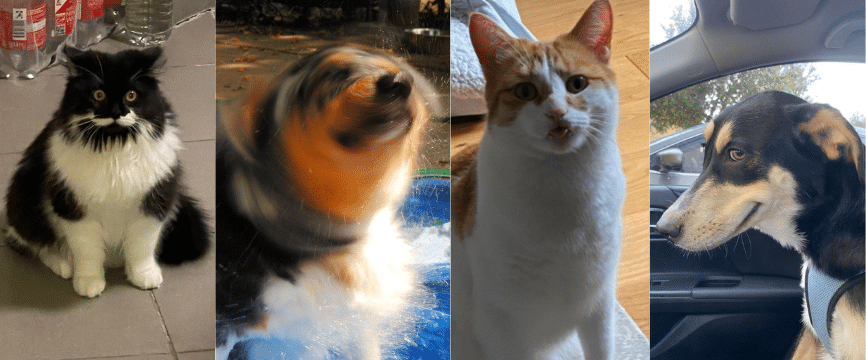
A new language can find its origin in memes. Cats and dogs on the internet use lolspeak to address their owners. These owners then start using these words themselves. How long before Van Dale starts calling an extremely fluffy dog floofy?
Why I Will Never Again Refer to the Ukrainian Capital City as Kiev
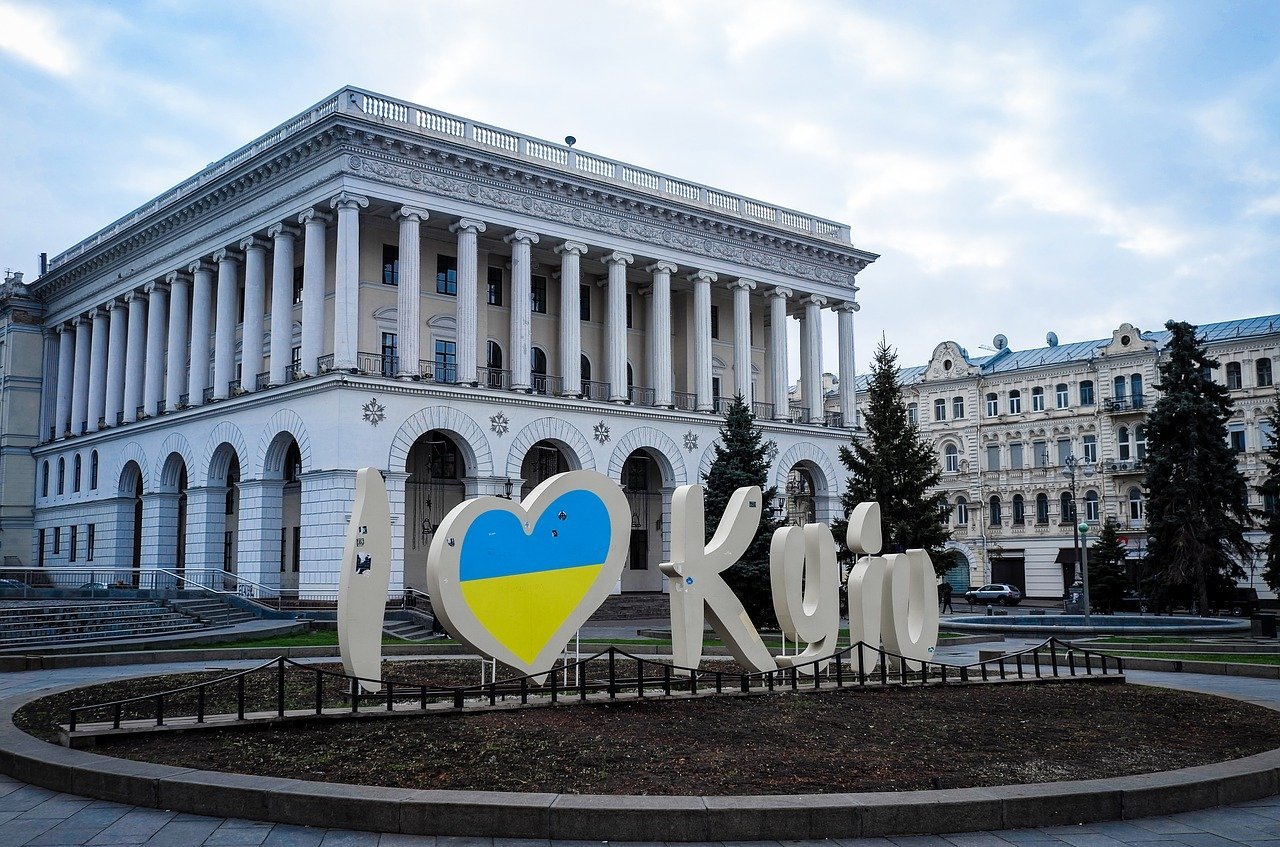
© Unsplash
Yes, even spelling can be important in the war of Ukraine, writes linguist Marten van der Meulen. This is why he will never again refer to the embattled capital city as Kiev.
Dutch Was an International Language of Diplomacy and Trade
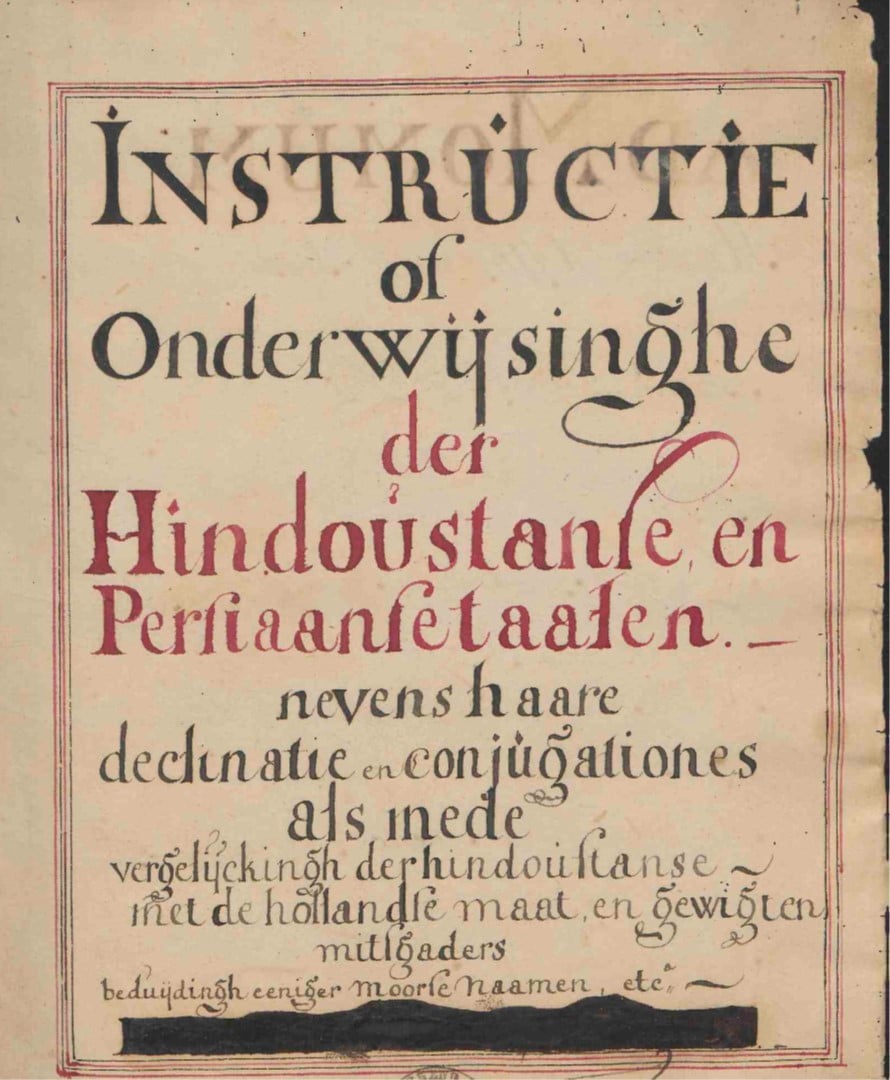
Nowadays, international discussions are mainly held in English, but once upon a time, Dutch played an important role in trade talks and diplomatic relations. In 1856, Russia signed a treaty with Japan that was written in Dutch, Dutch served as a lingua franca around the Baltic Sea for a while and Dutch-language trade documents circulated in the Persian Empire.
How Untranslatable is Dutch?
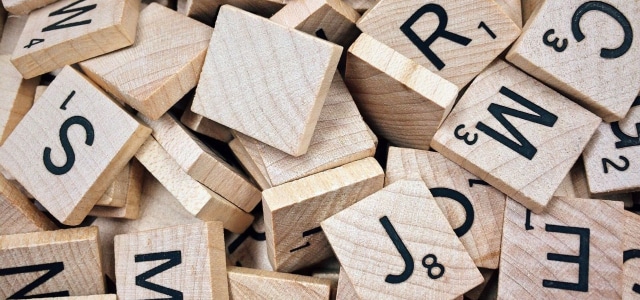
Thanks to translators Dutch speakers may discover texts from other language areas and non-native speakers may learn about Dutch-speaking culture. But can just about anything be translated? Are there any Dutch words, concepts and expressions that simply cannot be converted into another language?
How the World Views Dutch and Dutch Speakers

If it ain’t Dutch, it ain’t much.
Anyone who has ever travelled in Canada or the USA will recognise this proud declaration The phrase expresses the vision of the Dutch in North America or their descendants. But does that vision correspond with how other people view the inhabitants of the Low Countries and their language?
Irksome English

© Markus Spiske / Unsplash
Why do the Dutch so readily turn to the English language? Cultural philosopher Ton Lemaire has long been bothered by the use of English words when there exists a perfectly good Dutch alternative. In this sneak-peek abstract from his latest book, Lemaire warns against the rise of a monoculture that threatens to erase diversity.
Artificial Intelligence and Historical Language
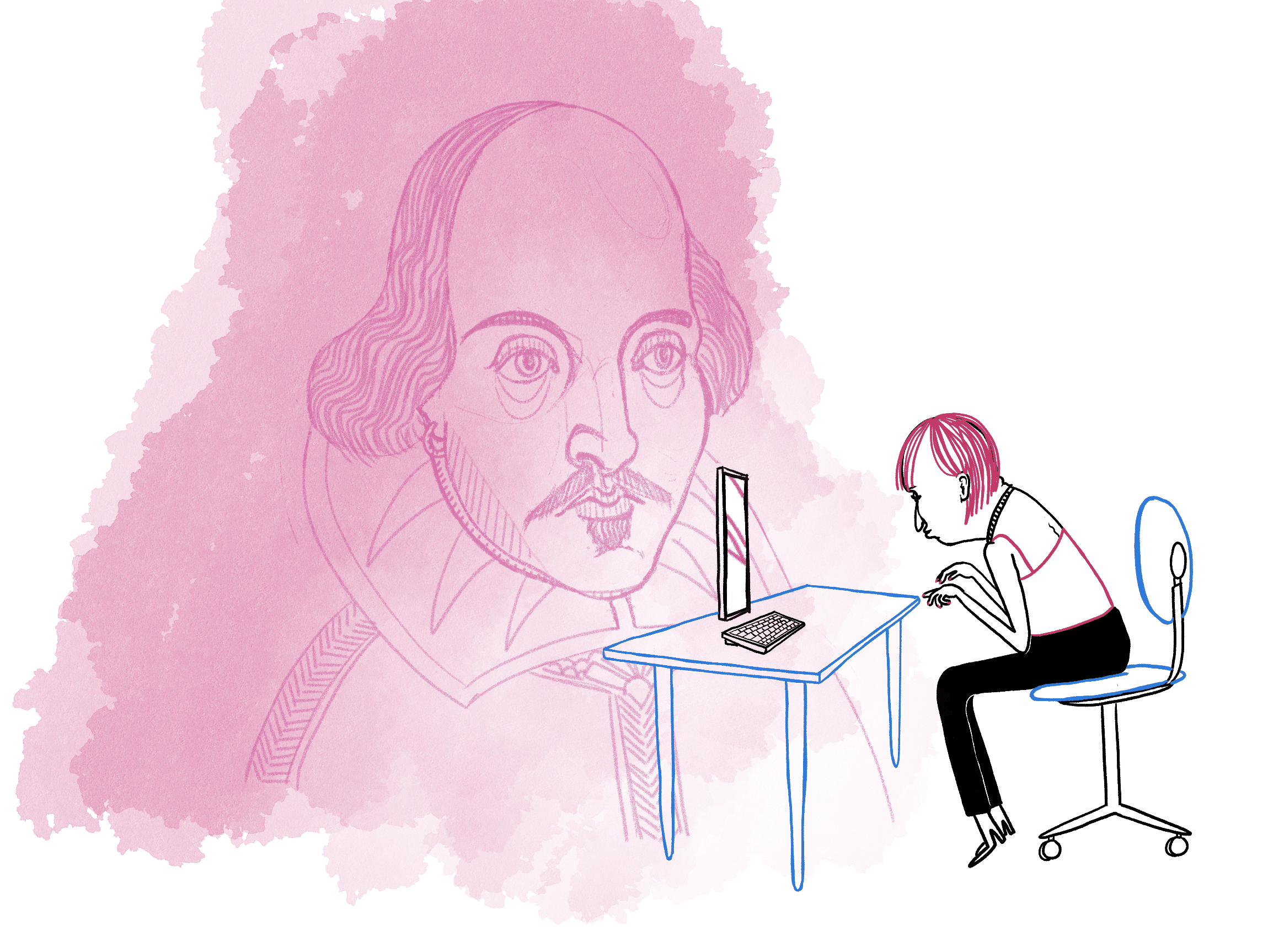
© Lauren Fonteyn
Artificial intelligence is opening up many avenues for researchers in historical linguistics. For example, you can now programme a bot to write Shakespearean sonnets on demand. Might we soon be able to converse virtually with a speaker from the sixteenth century as well?
Remember these series?
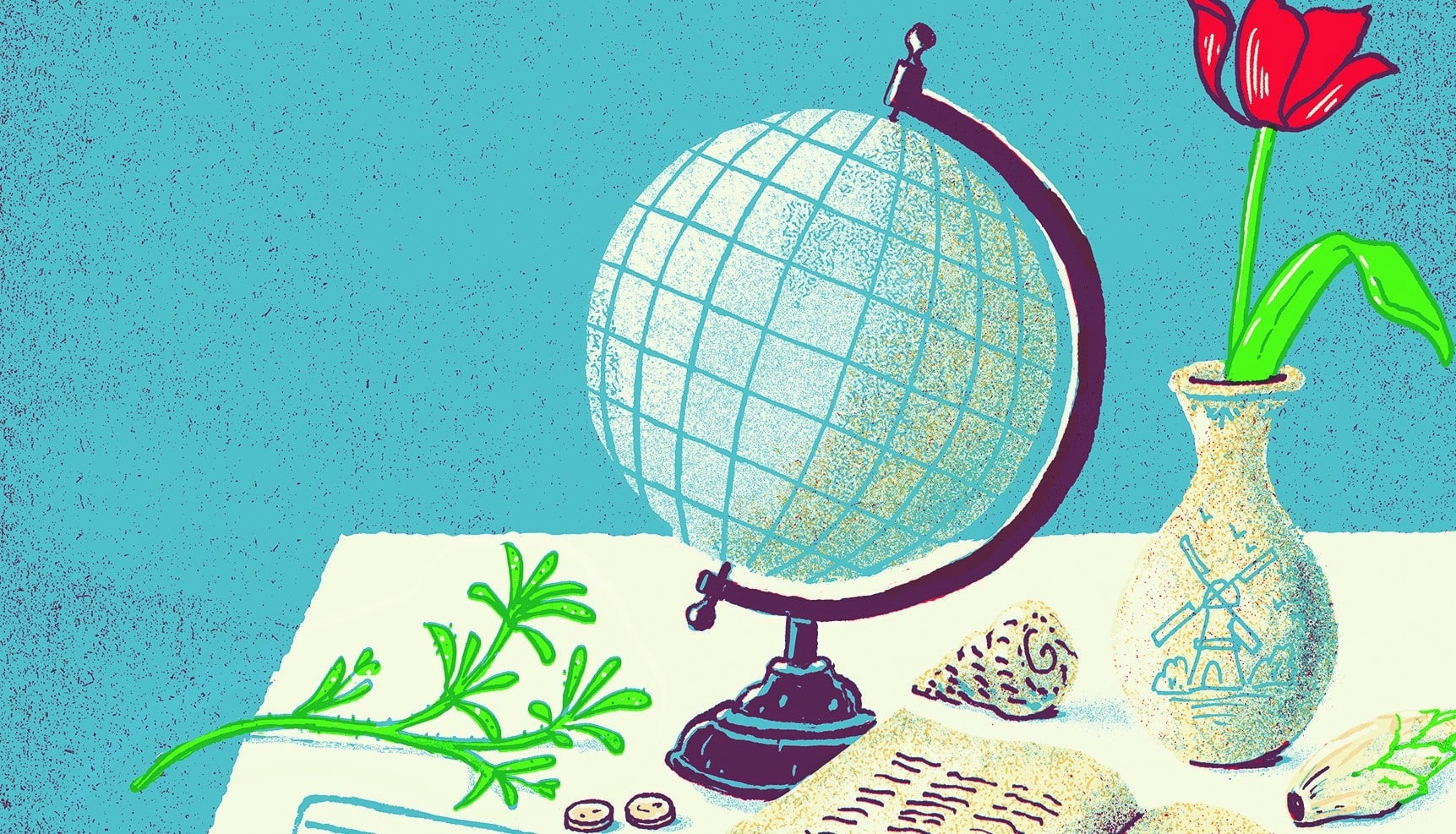
© Stijn Felix
Dutch in the World
As a medium-sized language with about 24 million native speakers, Dutch should be more ambitious. In this series, we investigated how international the language is.


